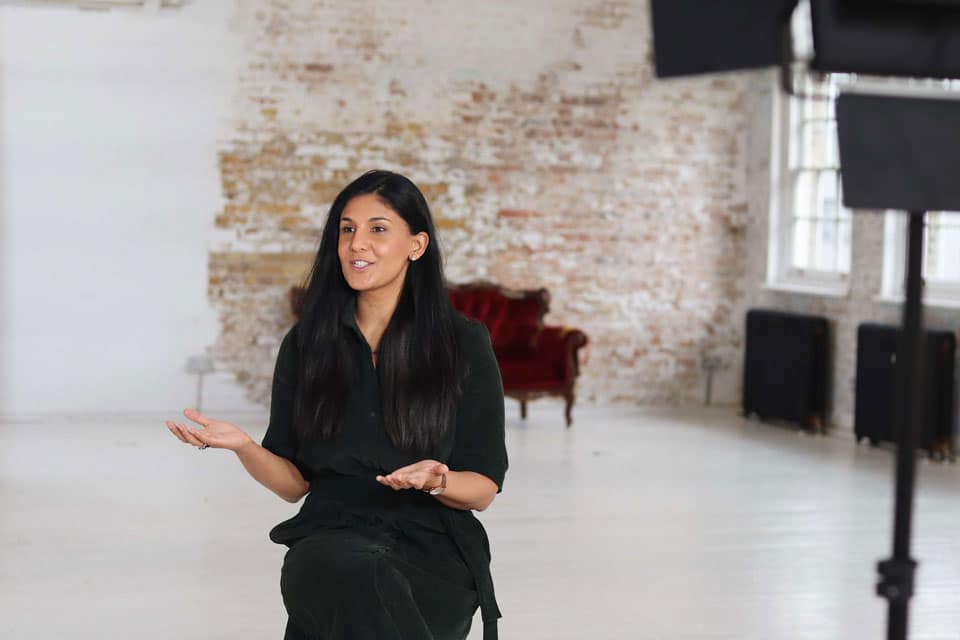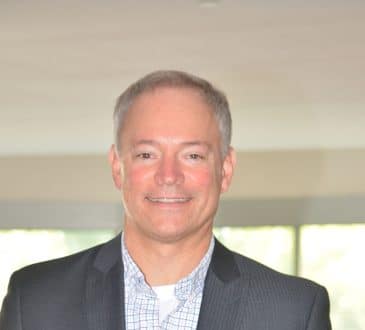Adapt and grow: the game-changing role of flexibility in a new era of remote work

“The greatest danger in times of turbulence is not the turbulence; it is to act with yesterday’s logic” – so said management guru Peter Drucker, in a truism that speaks volumes in a post-Covid age.
The US labor market stands at a crossroads right now, with new and volatile crosswinds – including surging job openings, and Americans quitting their jobs at record rates – forcing leaders to rethink the parameters of what work means.
Where once upon a time, corporate America was governed by the rigid presenteeism of a 9-to-5 world, the same logic nowadays – in settings where remote working is feasible – will cost employers dearly. According to a March 2022 Gallup study, 54% of fully remote workers in the US said they would look for another job if their company stopped offering remote-work options.
In a highly competitive climate, the ability to work from anywhere is just the start of major structural overhaul most CEOs will need in their repertoire, however. The wider challenge lies in building a culture that puts employee trust and autonomy centrestage. Here’s why, and how, that change can come about.
Widening the talent pool
With a record 4.5 million American workers quitting their jobs in November 2021 alone, it’s little wonder that over two-thirds of CEOs see a skills shortage as this year’s biggest disruptor.
This trend is echoed all across the globe, including the UK, in a crisis that is particularly acute within engineering and tech-led roles – areas that are crucial to business growth in a digital-led era.
As a startup operating from London, one of the world’s leading tech startups, our senior management team was quick to recognize the importance of flexibility in bridging this talent gap. And, while we’ve always prided ourselves on having an open and agile work culture, we realized we would need to up the ante by making it a key tenet of our post-Covid structure.
This shift took shape via the introduction of two major policies. First, we decided to hire remote workers internationally by partnering with a service called Deel to manage local payroll and compliance issues for us. And secondly, we put into play a “work from abroad” benefit, whereby our existing team members are supported to live and work around the world in a location of their choosing for one month. So far, employees have used it to work everywhere from Berlin to LA and the South of France.
These decisions, both with flexibility as their mainstay, have allowed us to widen our talent pool by hiring people all over the world quickly and seamlessly. And, more importantly, we can attract world-class candidates from the travel industry – many of whom will welcome the ability to spread their wings by working abroad.

Creating a hybrid culture
What workplace flexibility looks like will vary according to different sectors and organizational needs; but the key is to listen to your employees; and push the boundaries of what you think can be achieved. With flexibility now a top consideration for talent retention (McKinsey) and CEOs standing to lose nearly 40% of their workforce with an enforced return to the office (Gartner), the old rules of work no longer apply.
Creating a new, people-centric hybrid culture is therefore a must. In an environment where many leaders still tend towards the in-office precedent, with concerns over remote compliance issues, or a lack of interpersonal connection, this shift will be nothing short of radical. And to work, it requires a stronghold of highly flexible protocols and benefits in place.
Part of the challenge involves deciding what flavor of remote working you’ll take on as a company. Will you be fully remote or have some time in the office together per quarter? And will you be remote and synchronous, or remote and async (i.e. fewer meetings and everything being rigorously documented)? These choices have a major impact on the type of people who’ll be drawn to your company, and what processes you’ll follow within a flexible culture.
Once you’ve made these topline decisions, you’ll want to drill down into more specific hybrid work strategies. Research shows that Gen Z and millennial workers, in particular, favor remote working patterns; but with the caveat that they are fully inclusive, with the ability for all team members to learn and grow. To combat the risk of proximity bias, you’ll need to come up with a series of management training, ways of working and promotion tracking measures.
The power of autonomy
The bottom line is, flexibility in a post-Covid era is not about paying lip service to one-off benefits, such as flexible start or finish times. It’s not even just about bringing in provisions for remote working per se.
To return to the advice of Peter Drucker, flexibility in the truest sense of the word is about restructuring “yesterday’s logic” with a fresh approach to operations, hiring and development decisions; one that is rooted in remote working capabilities.
Beyond the logistics of day-to-day work life, or even corporate signposting, flexibility is a matter of mindset. With employee autonomy a central pillar of workplace happiness, the CEOs who will thrive in an age of flexibility are those that allow their staff the freedom to choose where and how they work.
Flexibility is about open-mindedness and trust. It enables senior leadership teams to cut loose from outdated terms of management, and instead recognizes that team members themselves can make the best decisions on how to work productively – regardless of where they’re based, or what hours they put in.
The world of work is changing fast, and an acute skill shortage calls for decisive action from America’s CEOs. This begins with exploring what flexibility in a remote-led culture really means for your company; and how it can be used to attract new and diverse talent in an increasingly globalized market.
Written by Radha Vyas, CEO and co-founder of adventure travel company Flash Pack.
Have you read?
Best CEOs In The World, 2022.
Global Passport Ranking, 2022.
World’s Richest People (Top Billionaires, 2022).
Economy Rankings: Largest countries by GDP, 2022.
Top Citizenship and Residency by Investment Programs, 2022.
Bring the best of the CEOWORLD magazine's global journalism to audiences in the United States and around the world. - Add CEOWORLD magazine to your Google News feed.
Follow CEOWORLD magazine headlines on: Google News, LinkedIn, Twitter, and Facebook.
Copyright 2025 The CEOWORLD magazine. All rights reserved. This material (and any extract from it) must not be copied, redistributed or placed on any website, without CEOWORLD magazine' prior written consent. For media queries, please contact: info@ceoworld.biz








